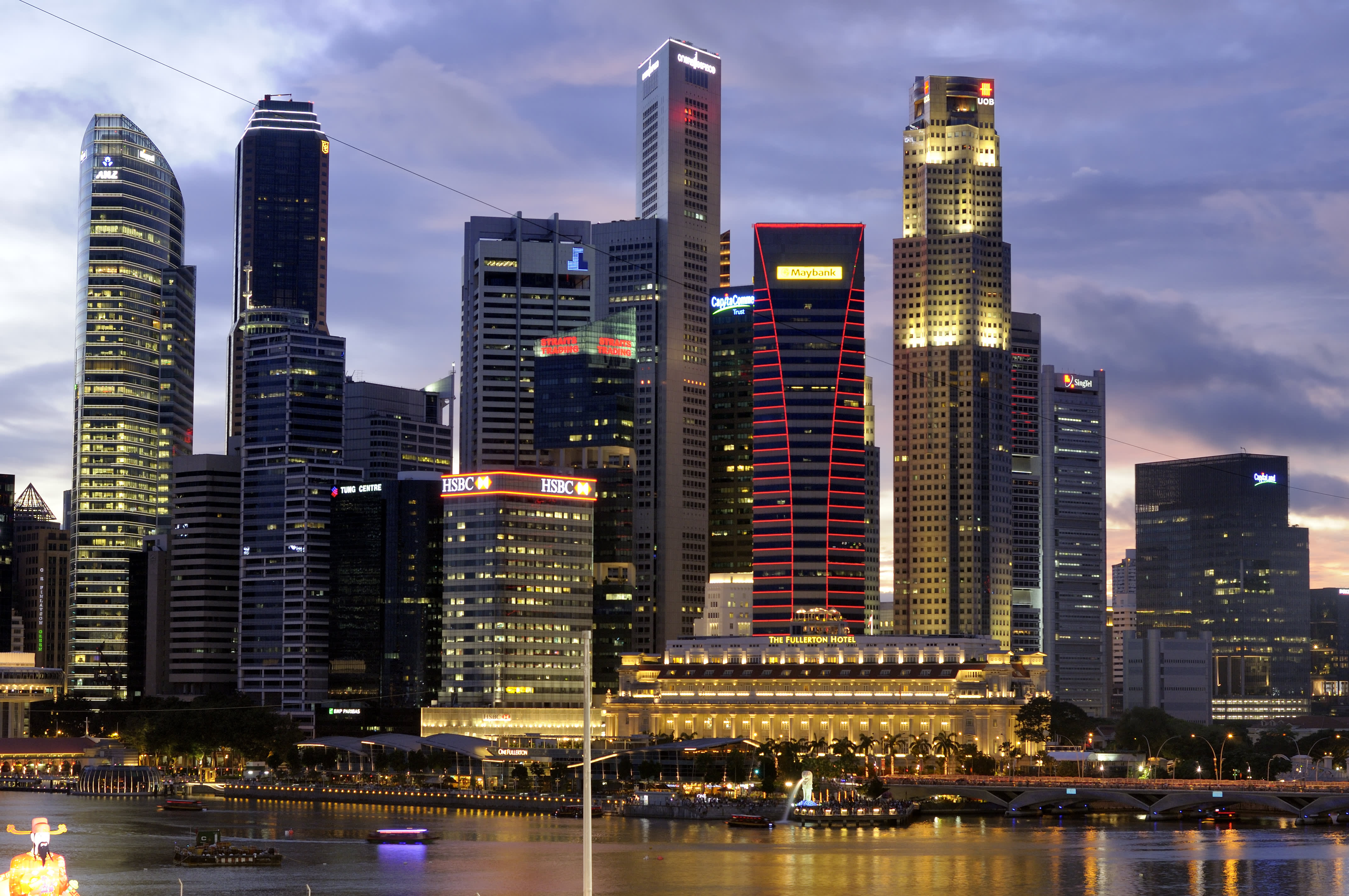J.P. Morgan says foreign exchange deposits into Singapore’s banks have ramped up “quite sharply” in recent months.
It comes amid growing unrest in Hong Kong which has reportedly driven investors and companies to move their money elsewhere.
Singapore has been said to be a direct beneficiary of the unrest in Hong Kong, with some bankers and wealth managers saying they have received more queries from clients to move funds to Singapore.
In the latest estimate, Goldman Sachs said in October that Hong Kong might have lost as much as $4 billion in deposits to Singapore, often seen as its rival for the role of Asia’s premier financial hub.
Months of protests in Hong Kong are showing no signs of a let-up. What started out as peaceful demonstrations over a now-withdrawn extradition bill have morphed into a wider call for democracy.
“We can’t be conclusive that there is a shift from Hong Kong to Singapore,” J.P. Morgan’s Harsh Modi, co-head of Asia ex-Japan for financials research, said Friday when asked if he’s seen deposits flow from the Chinese-ruled territory to Singapore.
The financial district in Singapore.
ullstein bild | Getty Images
“But yes, Singapore banking system — FX deposits have been going up quite sharply in the last two, three months,” he told CNBC.
“It is fair to expect that there is a shift in asset flows from the financial sector,” he added.
Where to put your money
The demonstrations in Hong Kong — which draw the largest crowds on weekends — have become increasingly violent and taken a toll on businesses from retailers and airlines, to property companies, among other industries. Tourist arrivals have plunged, while hotel occupancy rates have slumped.
According to preliminary data on Thursday, Hong Kong slipped into recession for the first time in 10 years in the third quarter.
But the real question is whether investors consider Singapore, or Hong Kong, to be the global hub to park their money, Modi pointed out.
“Ultimately what we’re apparently thinking about is which financial center in Asia is truly the international abode for capital. Is it Hong Kong, is it Singapore?” he asked.
“My sense is … if you talk to a lot of people … it looks like it is more Singapore. The flow from what we see right now appears to be more in favor of Singapore,” Modi said.
Singapore banks’ exposure to Hong Kong
Meanwhile, one key risk for Singapore lenders would be their exposure to Hong Kong, Modi told CNBC.
“Our biggest concern in Singapore banks is Hong Kong asset quality business,” he said, referring to credit risk most likely associated with any bad loans to Hong Kong entities.
Of the three biggest Singapore lenders, Modi says he’s more positive on the United Overseas Bank, which has the least exposure to Hong Kong.
DBS Bank and OCBC Bank have a retail presence in Hong Kong, but UOB does not, he pointed out.
UOB posted third quarter results on Friday that saw its non-performing loans ratio at 1.5% — unchanged from the second quarter. That compares with 1.6% in the same period a year ago. DBS and OCBC are set to announce third-quarter earnings later this month.
